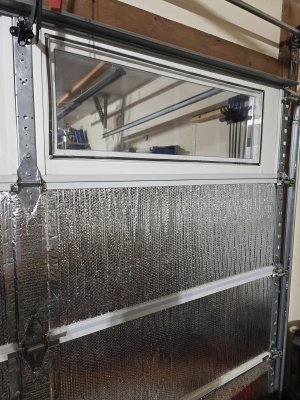I have a large frag system in my garage right now of about 400 gallons. I currently use a mini split AC to keep the temps under control. I run my tank around 80F all the time.
The problem is my power bill is killing me. It costs me roughly $400 a month in the summer just to keep this tank cool and $200 a month the rest of the year.
Would a chiller be a less costly solution from a power standpoint? I am not sure how hot the garage gets without the AC so I am not sure how much of a chiller I would need. In my mind it seems like the chiller would be more efficient than cooling the entire garage though. Does anyone have any experience with this?
The problem is my power bill is killing me. It costs me roughly $400 a month in the summer just to keep this tank cool and $200 a month the rest of the year.
Would a chiller be a less costly solution from a power standpoint? I am not sure how hot the garage gets without the AC so I am not sure how much of a chiller I would need. In my mind it seems like the chiller would be more efficient than cooling the entire garage though. Does anyone have any experience with this?

